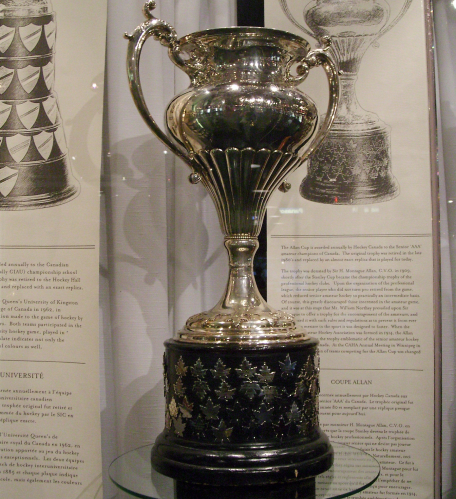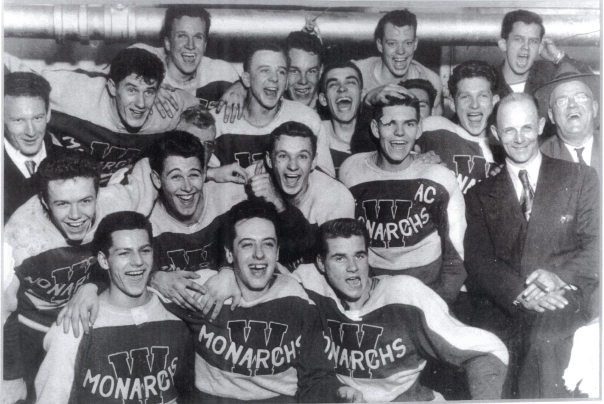
The Allan Cup is a prestigious trophy for which the best amateur hockey teams from Canada (aged 21+) compete.
The trophy represents the second important tournament after the Stanley Cup competition, but its history dates back more than 100 years!
In this article, we will look at the most interesting facts about the Allan Cup.
Did you know that the tournament’s popularity skyrocketed in recent years, attracting fans from all over the world? It’s like the Sugar Rush Slot of the hockey world, capturing the excitement and thrill of the game!
